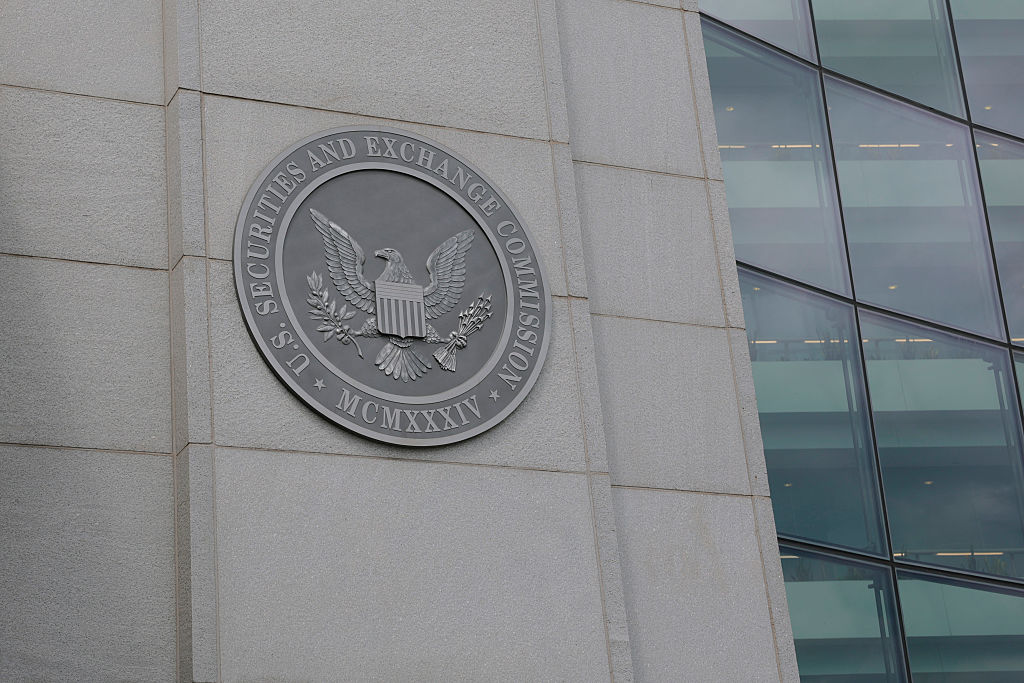The International Chamber of Commerce (ICC) has urged two of the UK’s main financial regulators, the FCA and the PRA, to introduce a smarter and more agile regulatory framework to help small businesses.
The Financial Times said it has seen a letter from the ICC’s UK Secretary General Chris Southworth
Register for free to keep reading
To continue reading this article and unlock full access to GRIP, register now. You’ll enjoy free access to all content until our subscription service launches in early 2026.
- Unlimited access to industry insights
- Stay on top of key rules and regulatory changes with our Rules Navigator
- Ad-free experience with no distractions
- Regular podcasts from trusted external experts
- Fresh compliance and regulatory content every day












